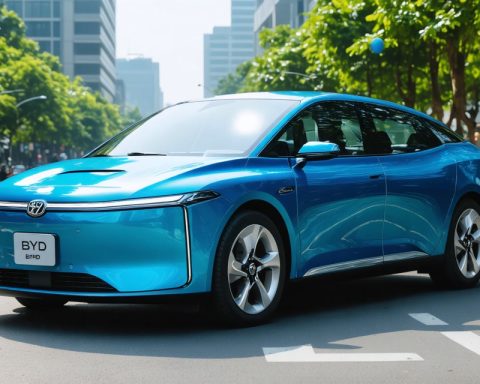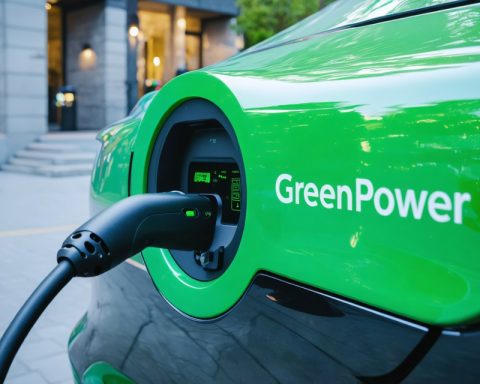Browse CategorySustainable Transportation
Sustainable transportation refers to the design, development, and use of transportation systems and methods that minimize environmental impact, promote social equity, and support economic viability. This concept encompasses various modes of transportation, including public transit, cycling, walking, and the use of electric or alternative energy vehicles, with the aim of reducing greenhouse gas emissions, air pollution, and reliance on fossil fuels. Sustainable transportation prioritizes accessibility, safety, and efficiency, seeking to enhance the quality of life for individuals and communities while fostering environmental conservation. It encourages urban planning and infrastructure that support multi-modal transport solutions, ultimately aiming for a systemic shift towards more responsible and healthy movement options that reduce congestion and promote sustainable urban development.






















